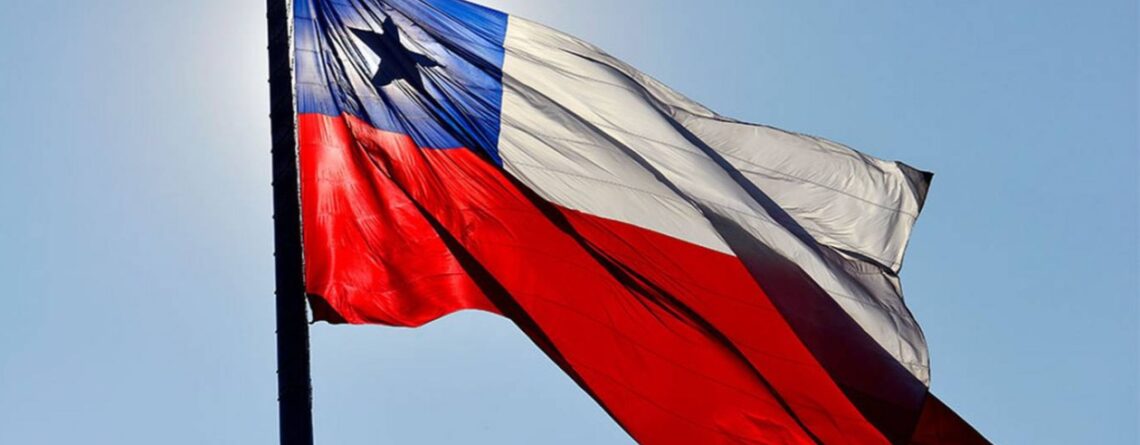Chile pension reform: The big bone of contention hampering progress
The Chilean government has amended its pension reform proposals.
The administration’s bill was originally submitted in 2018 and has since undergone modifications amid pressure from the opposition.
Read also Financial wellness can foster pension system in China
It remains stuck in the senate after being greenlighted by the lower house in December 2019.
Read also Canada. Pensions seek clear strategies, lower costs through in-house management
Against this backdrop, Chileans are due to elect a new president to replace Sebastián Piñera.
Under the center-right leader’s latest pension proposal, coverage provided by the solidarity pillar would increase to 80% of the population from 60% currently. The government had already boosted the pillar as part of measures implemented following social unrest in 2019.
Read also Latin American Sovereigns Are at a Pension Reform Crossroads
Additionally, employers would contribute – in a phased manner – the equivalent of 6% of an employee’s gross monthly salary, with half going to an individual pension savings pot administered by the state and the balance a solidarity fund.
The minimum pensions of new retirees that meet certain contribution requisites would be around 325,000 pesos (US$444).
Expansion of the solidarity pillar – once fully implemented – would cost the state an estimated US$1.3bn a year. Some funds would come from income generated by the country’s 5G auction, local press reported.
A key challenge for the government, which does not have a majority in either house of congress, is securing opposition votes. The main sticking point, and the big bone of contention that lawmakers have been gnashing at for years, has been who administers the planned employer contribution. Some quarters of the opposition want it all going to a solidarity fund.
Read more @BN Americas
310 views










